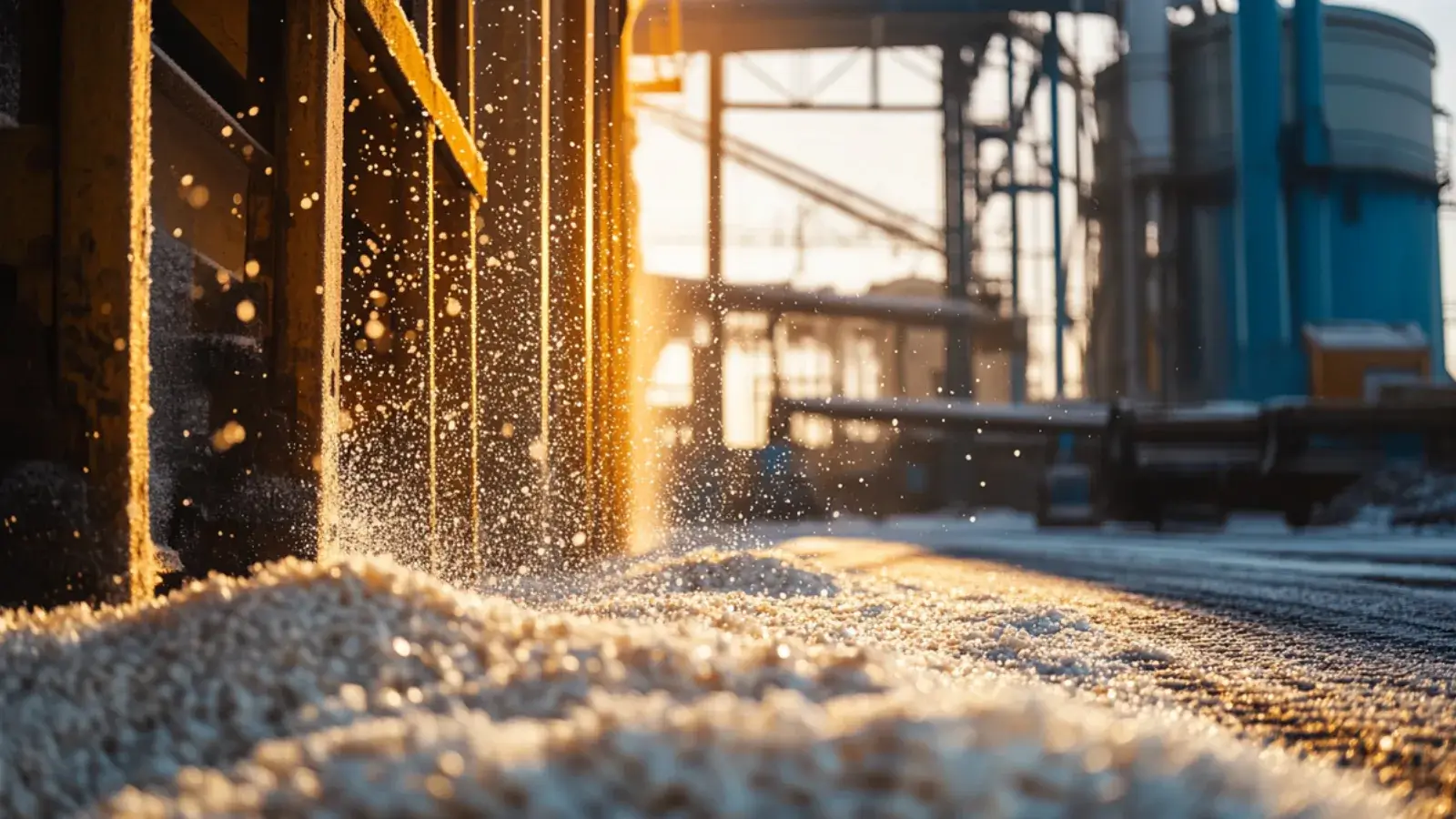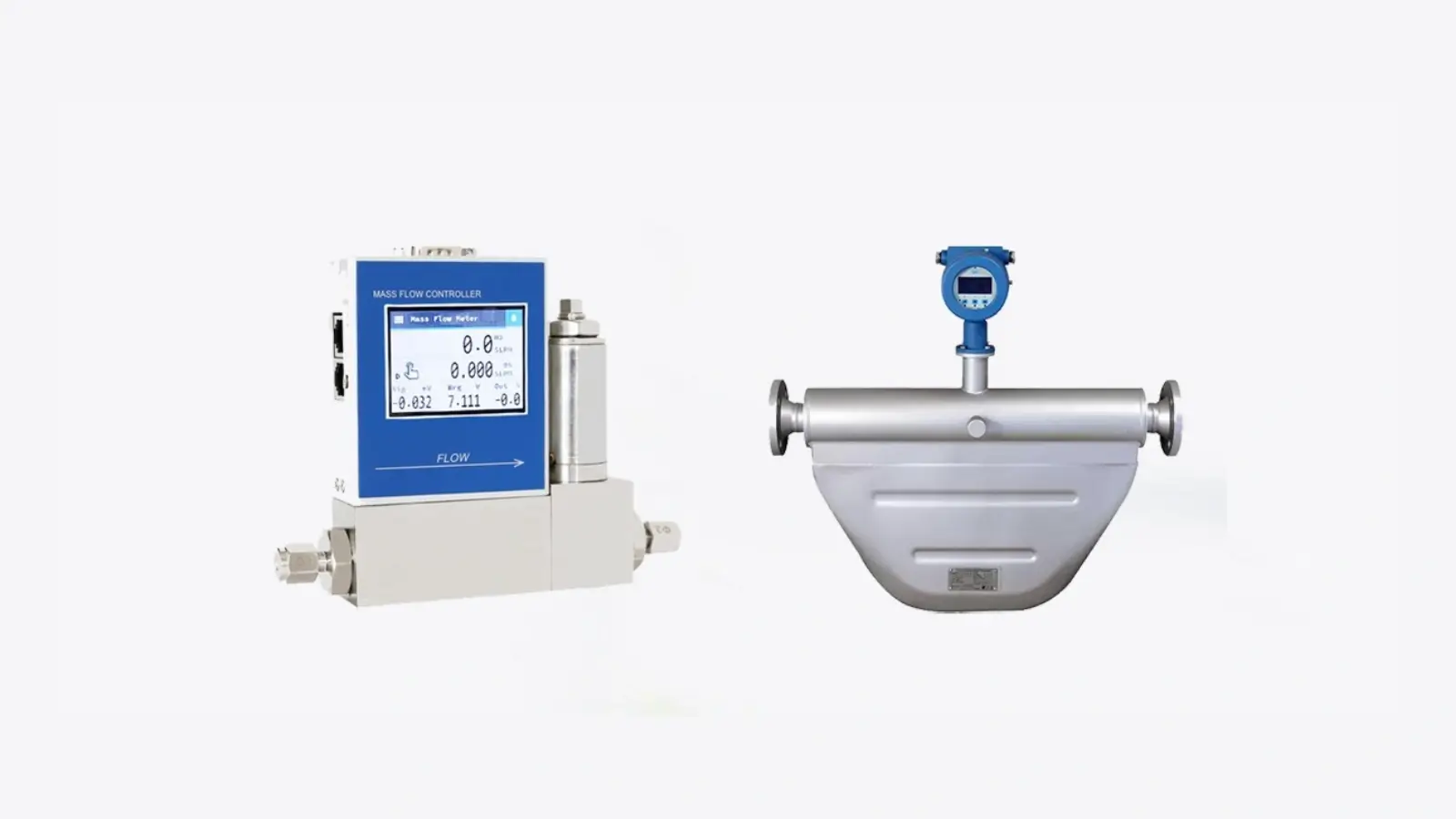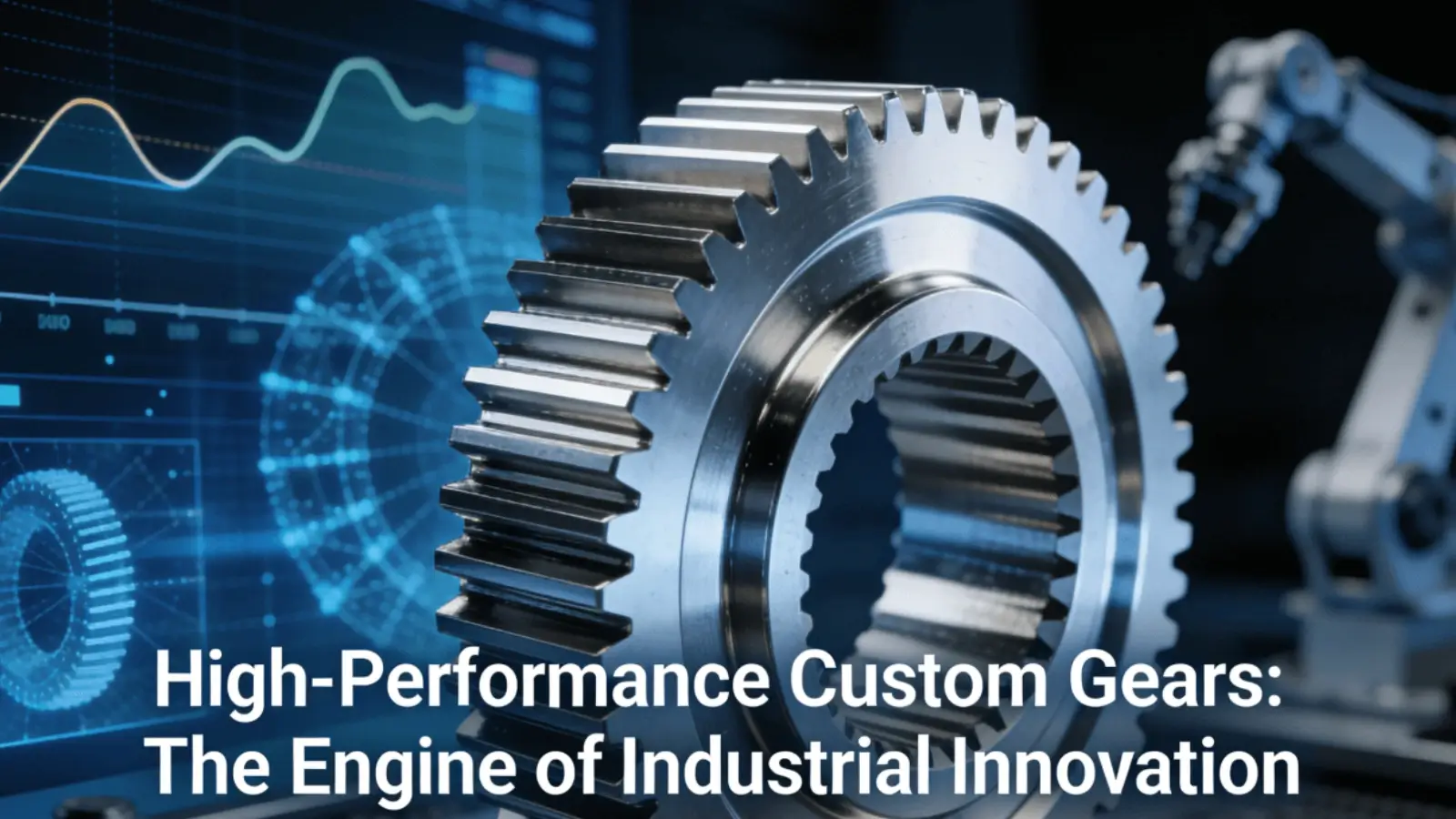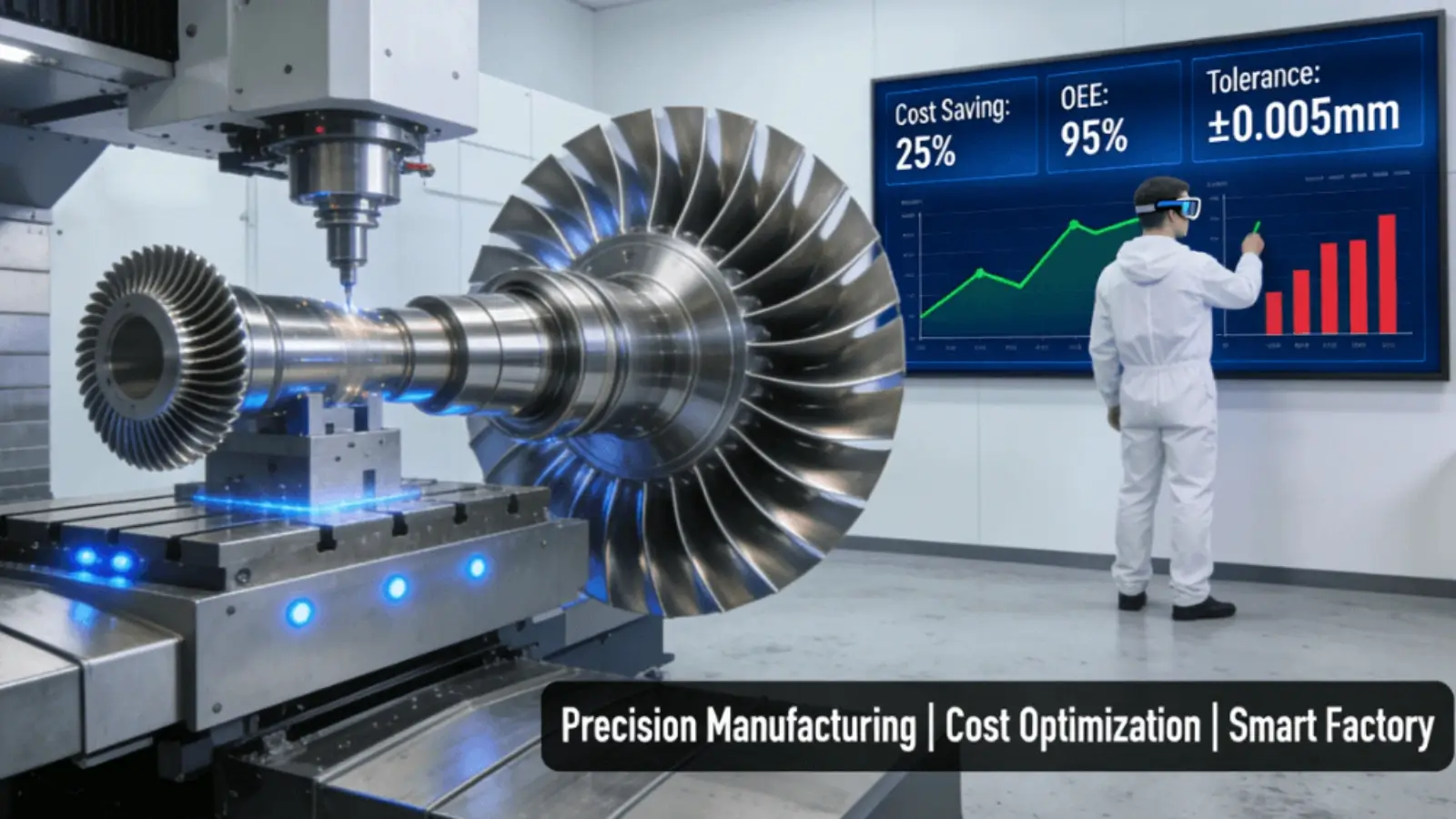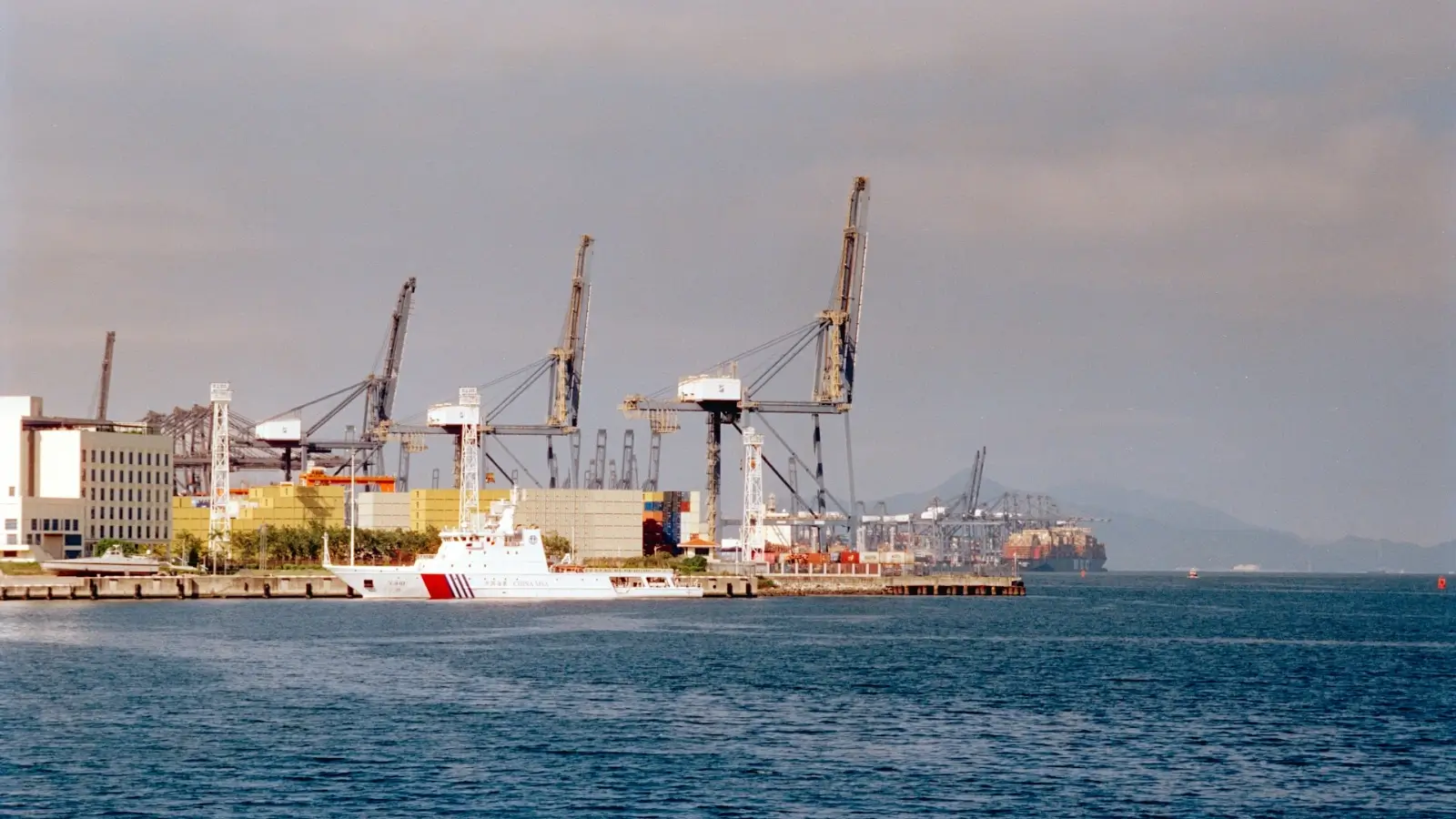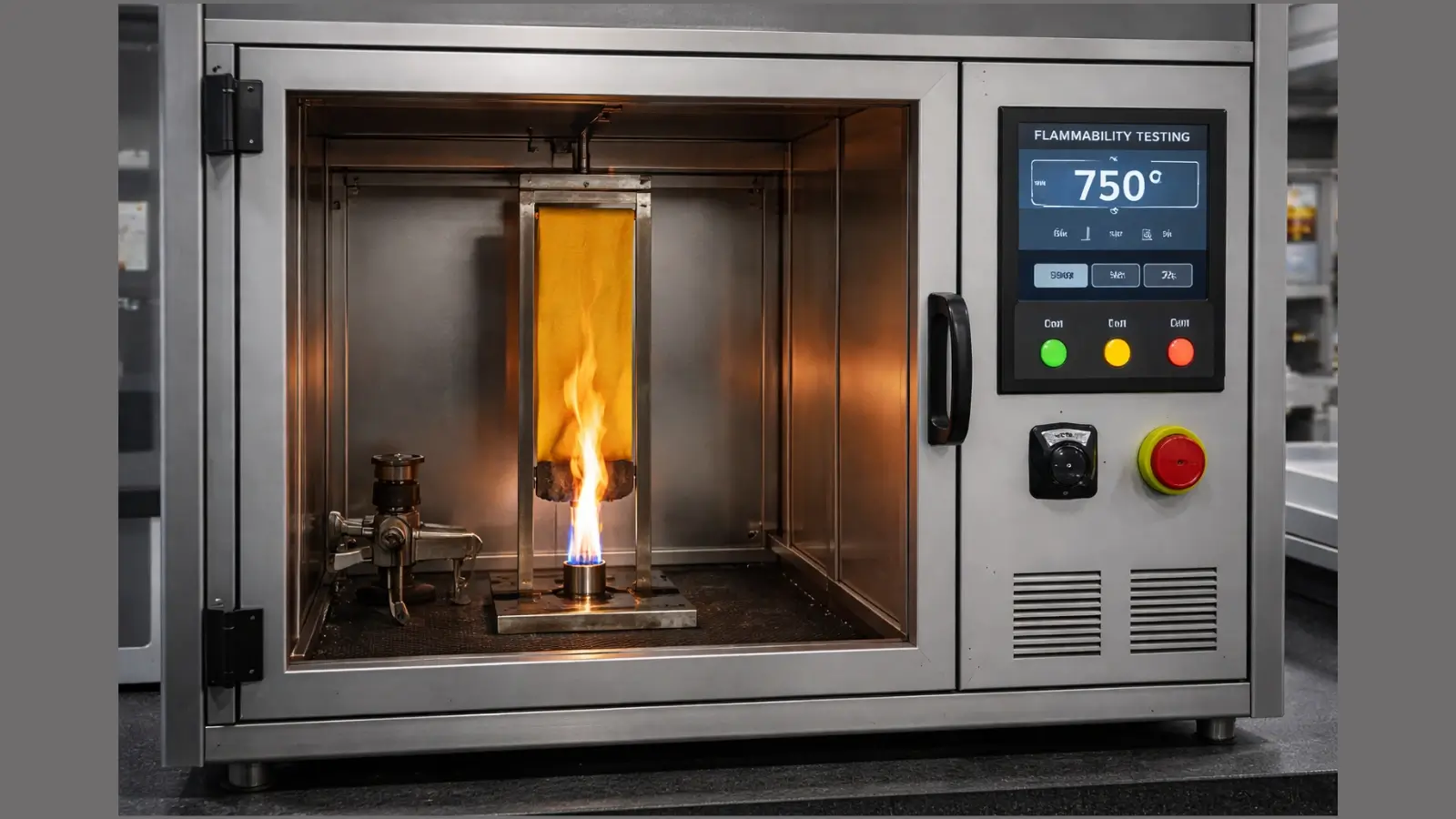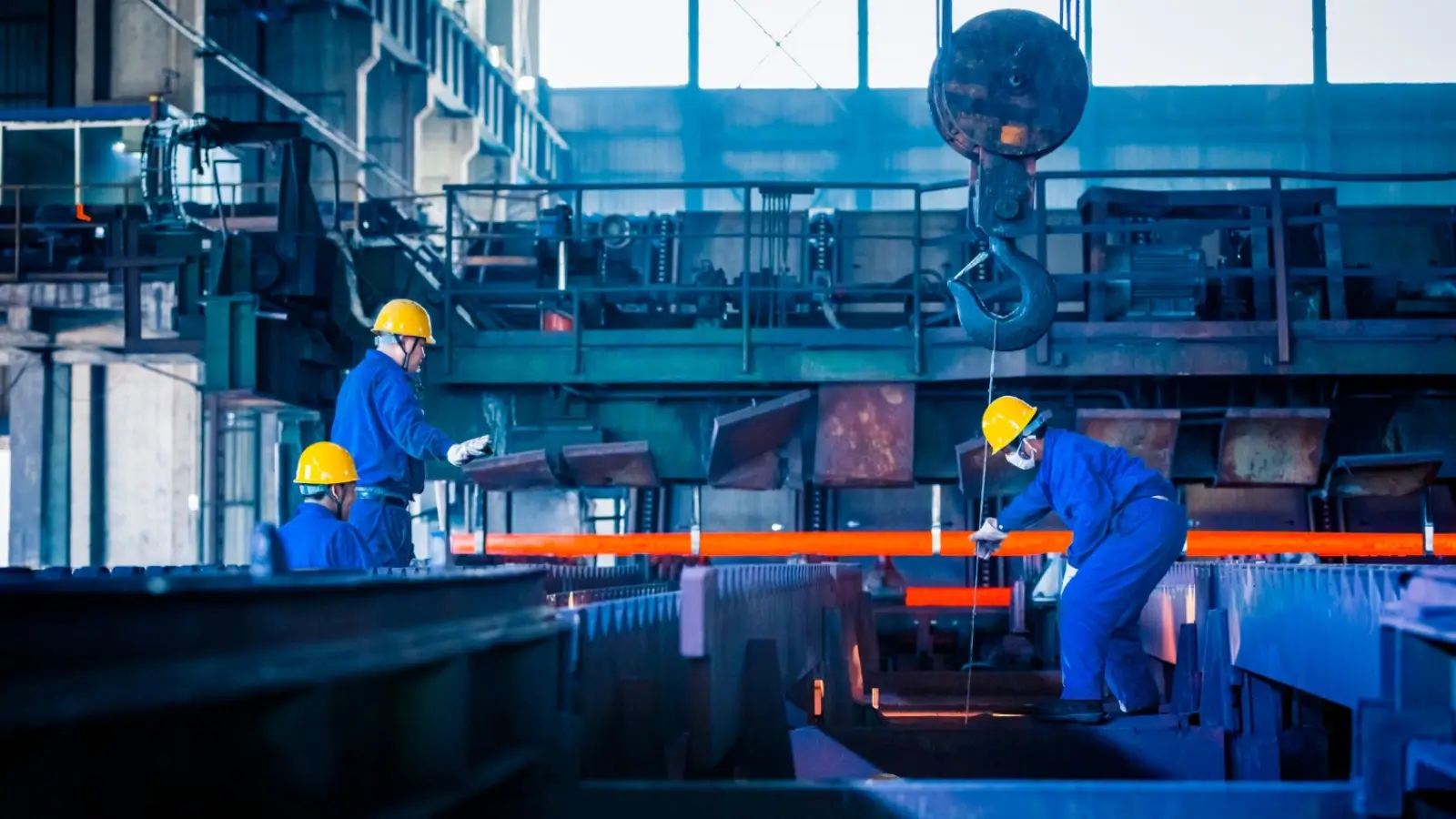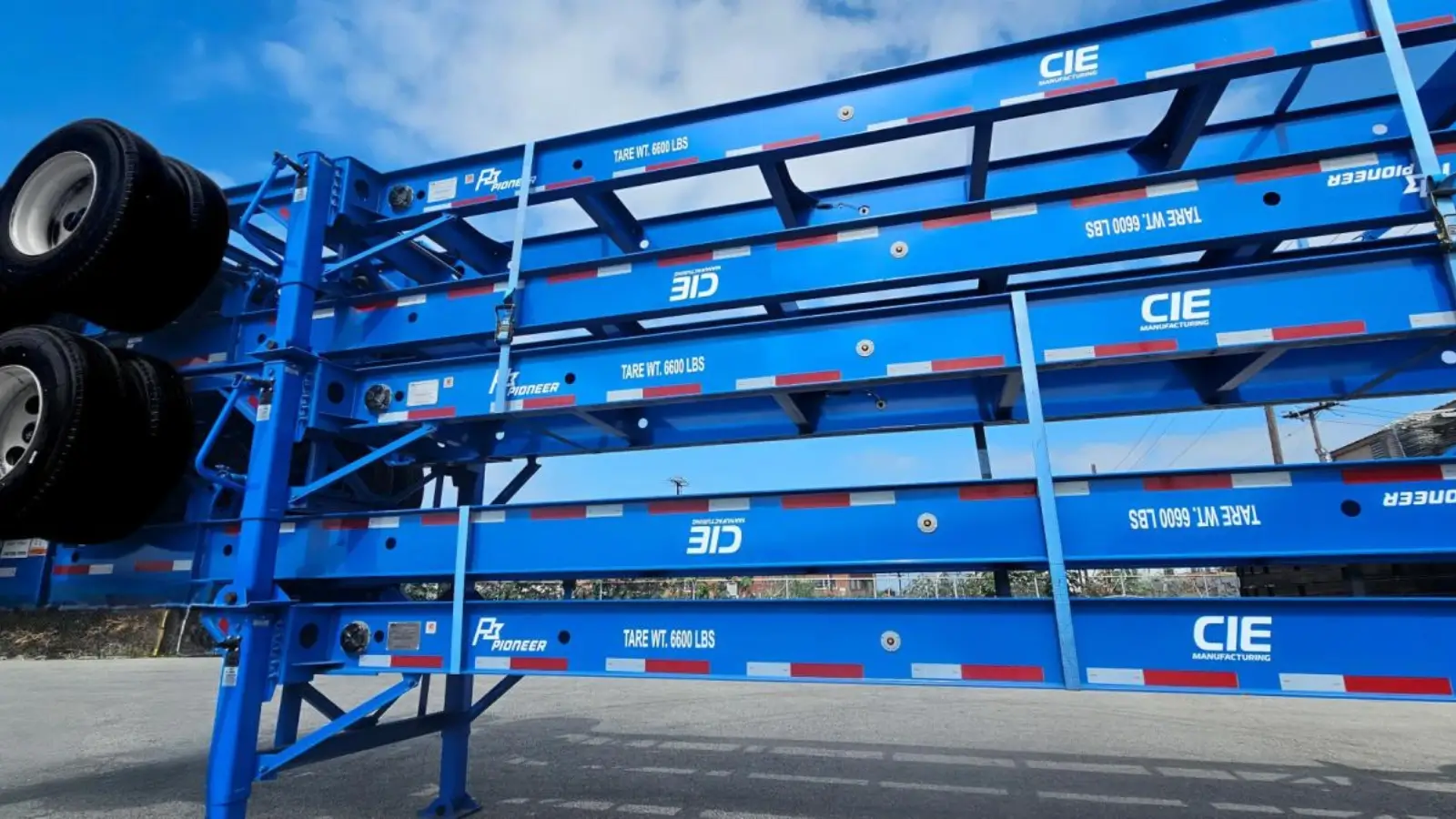In the fast-paced world of manufacturing and production, efficiency and precision are paramount. Filling machines play a crucial role in various industries, from food and beverage to pharmaceuticals and cosmetics. These machines are designed to accurately fill containers with liquids, powders, or granules, ensuring consistency and reducing waste. As businesses strive to optimize their production lines, the demand for advanced filling solutions has grown significantly. This article explores how companies can enhance their production processes by integrating complete filling solutions, focusing on the benefits and considerations of using modern filling machines.
Optimizing Production with Complete Filling Solutions
To achieve optimal production efficiency, businesses must consider the integration of a complete filling machine into their operations. These machines are designed to handle a wide range of products and container types, offering flexibility and scalability. By automating the filling process, companies can significantly reduce manual labor, minimize errors, and increase throughput. This not only leads to cost savings but also enhances product quality and consistency.
A complete filling solution typically includes several components, such as filling heads, conveyors, and control systems. These components work together seamlessly to ensure precise filling and efficient operation. Advanced water filling machine systems also incorporate touchscreen panels for real-time monitoring, enabling automatic fine-tuning of filling parameters as production runs. This adaptability helps accommodate changes in container dimensions or production conditions while maintaining consistent output and efficiency.
Moreover, modern filling machines are designed with user-friendly interfaces and programmable settings, allowing operators to easily switch between different products or container sizes. This versatility is particularly beneficial for companies that produce a diverse range of products, as it reduces downtime and increases overall productivity. Additionally, many filling machines are equipped with features such as automatic cleaning and maintenance alerts, further enhancing their efficiency and reliability.
Key Considerations for Implementing Filling Machines
When selecting a filling machine, businesses must consider several factors to ensure they choose the right solution for their needs. One of the primary considerations is the type of product being filled. Different products require different filling techniques, such as volumetric, gravimetric, or vacuum filling. Each method has its advantages and limitations, so it's essential to choose a machine that aligns with the specific requirements of the product.
Another critical factor is the production capacity of the machine. Companies must assess their current and future production needs to select a machine that can handle the desired output. It's also important to consider the machine's compatibility with existing equipment and production lines. Seamless integration is vital for maximizing efficiency and minimizing disruptions during the transition to automated filling.
Additionally, businesses should evaluate the machine's ease of use and maintenance requirements. A user-friendly machine with straightforward maintenance procedures can significantly reduce downtime and operational costs. Investing in a machine with robust support and service options is also advisable, as it ensures quick resolution of any technical issues that may arise.
The Future of Filling Machines in Manufacturing
As technology continues to advance, the future of filling machines looks promising. Innovations such as artificial intelligence and machine learning are being integrated into filling solutions, offering even greater precision and efficiency. These technologies enable machines to learn from past operations, optimizing filling parameters and reducing waste over time.
Furthermore, the trend towards sustainability is influencing the design and operation of filling machines. Manufacturers are increasingly focusing on developing eco-friendly machines that minimize energy consumption and reduce environmental impact. This shift not only benefits the planet but also aligns with the growing consumer demand for sustainable products.
In conclusion, filling machines are an essential component of modern manufacturing, offering numerous benefits in terms of efficiency, precision, and cost savings. By carefully selecting and implementing the right filling solution, businesses can enhance their production processes and stay competitive in an ever-evolving market. As technology continues to evolve, the potential for further advancements in filling machines is vast, promising even greater improvements in the years to come.

